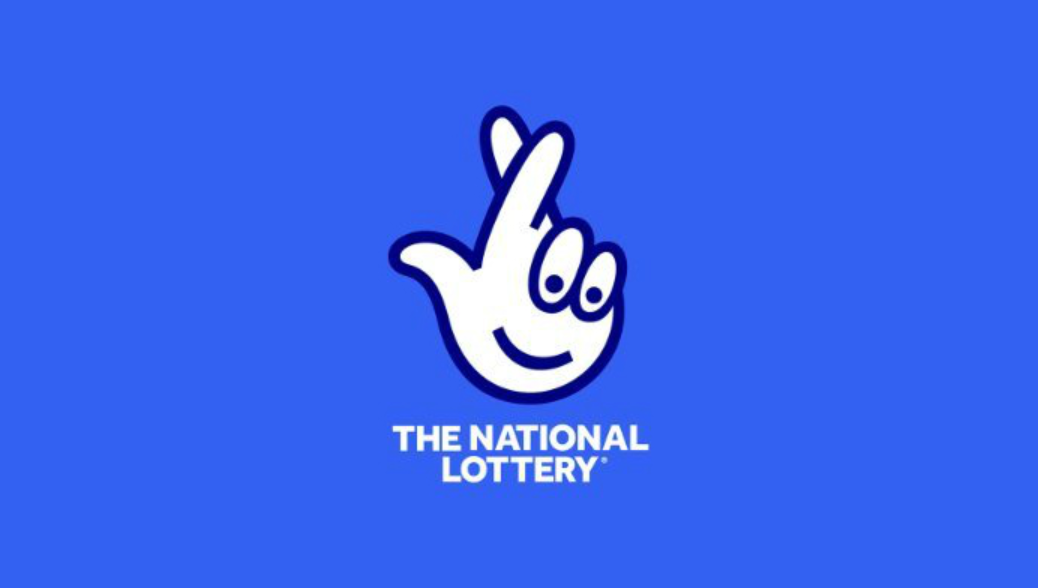
- home
- Games
- News

Game News
November 5, 2025
The National Lottery stands as one of the most enduring pillars of modern gaming and public fundraising. Since its introduction in the United Kingdom in 1994, it has evolved from a simple weekly draw into a multifaceted system that supports thousands of charitable and cultural causes. Today, the National Lottery model has been replicated and reimagined in several countries, blending entertainment, community impact, and multimillion-pound jackpots in a way few other gaming systems can match.

A Brief History and Evolution
When the UK National Lottery first launched, its core aim was simple: to generate funds for “good causes” while offering citizens a chance at life-changing prizes. Over the years, the format expanded beyond the traditional draw to include games like EuroMillions, Thunderball, Lotto HotPicks, Set for Life, and a variety of instant-win scratchcards.
Its original operator, Camelot Group, managed the lottery for nearly three decades before the license was awarded to Allwyn Entertainment in 2024. The transition signaled a new era of modernization — emphasizing digital innovation, player protection, and increased contributions to community projects.
The Numbers Behind the Lottery
Each week, millions of tickets are sold, contributing billions annually to the lottery’s fund. Around half of the revenue goes to prize payouts, while roughly 28% is directed toward good causes, including arts, sports, heritage, and local community programs. The rest supports operations, retailer commissions, and taxes.
Since inception, the National Lottery has raised more than £47 billion for public initiatives and produced thousands of millionaires. It remains one of the most significant private funding sources for public projects in the United Kingdom, often bridging the gap where government budgets fall short.
Technology and Modernization
Digital transformation has reshaped the way players interact with the lottery. Online ticket purchases, mobile apps, and real-time draw streaming have become the norm, appealing to younger demographics while maintaining accessibility for traditional retail participants.
Under Allwyn’s management, new focus areas include responsible gaming tools, data-driven fraud prevention, and improved transparency in fund allocation. Innovations such as biometric verification and digital wallets are being tested to enhance player security and convenience.
Global Influence and International Counterparts
The success of the UK’s National Lottery inspired similar systems worldwide. Countries like Ireland, Canada, South Africa, and India operate their own national lotteries, each contributing to public welfare in distinct ways. In India, for example, state lotteries in Kerala and Sikkim have been major revenue sources for local development, while other nations use lottery proceeds to fund education, healthcare, and disaster relief.
Though their regulatory frameworks differ, most national lotteries share a common mission — balancing entertainment with social responsibility.
Challenges and Criticism
Despite its achievements, the National Lottery has faced recurring scrutiny. Critics argue that lotteries disproportionately attract lower-income participants, raising ethical questions about state-promoted gambling. Others highlight the tension between profit motives and public good, particularly as instant-win and digital games blur the line between chance-based entertainment and gambling addiction.
Recent reports have also questioned transparency in fund allocation and the consistency of returns to “good causes.” However, operators and regulators continue to refine auditing processes and player safeguards to maintain credibility and social license.
The Indian Perspective
In India, the concept of a national lottery operates differently. Instead of a centralized system, individual states oversee their own lotteries — Kerala, Nagaland, and Sikkim being among the most prominent. While these state-run lotteries have successfully generated public funds, they also face challenges around digitalization, ticket fraud, and public perception.
The emergence of online gaming and cryptocurrency-based lotteries has complicated the landscape, raising regulatory and ethical debates. However, India’s appetite for chance-based entertainment remains high, suggesting potential for reform and modernization under stricter governance.
Editorial Verdict
The National Lottery remains a fascinating study in balance — between fortune and responsibility, public good and private enterprise, tradition and innovation. Its ability to generate billions for social initiatives while captivating millions of hopeful participants each week is both its strength and its challenge.
As digital transformation reshapes the global gaming landscape, the National Lottery’s continued success will depend on its ability to uphold transparency, embrace technology responsibly, and sustain trust among the public it serves.
In essence, the National Lottery is not merely a game of chance — it is a social contract, one that tests how luck and duty can coexist in a modern economy.